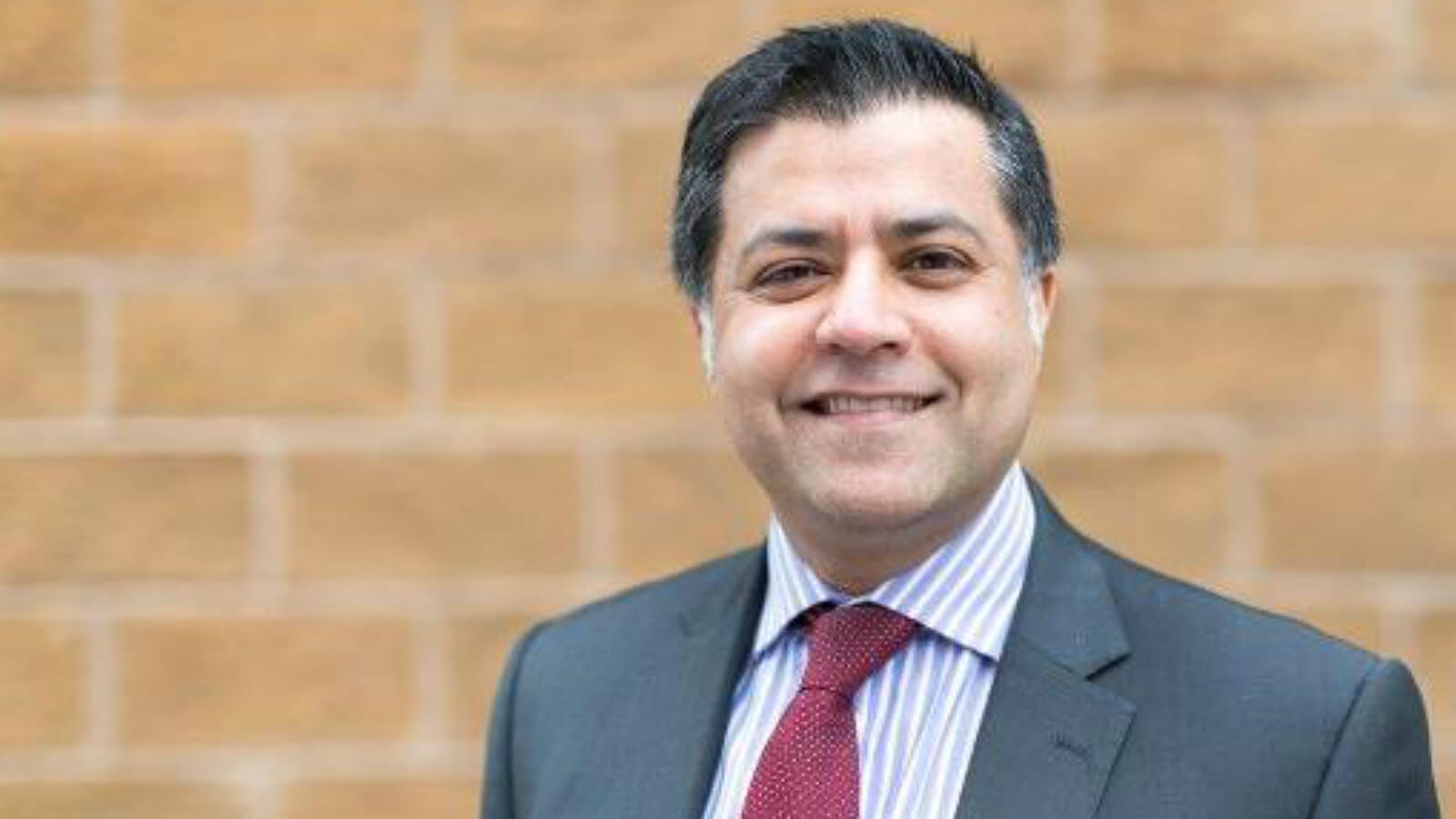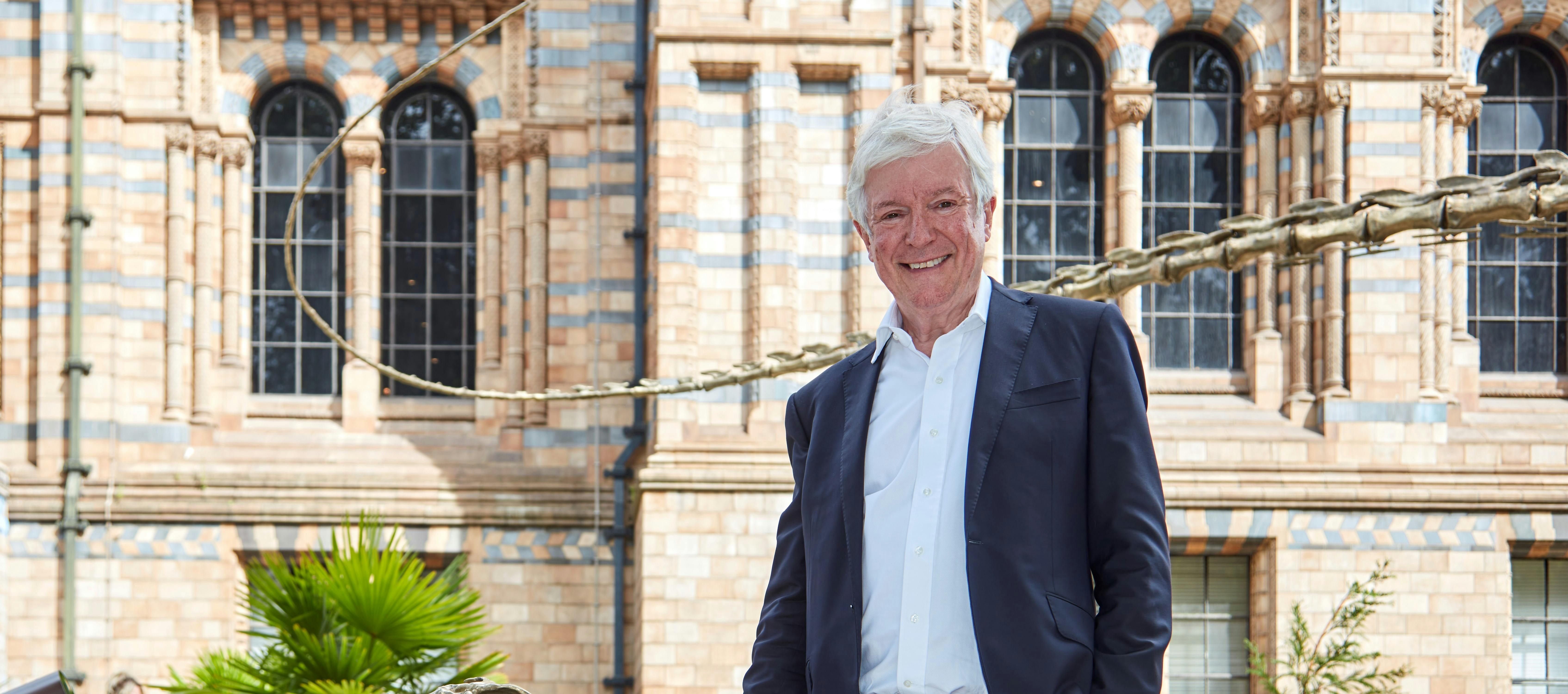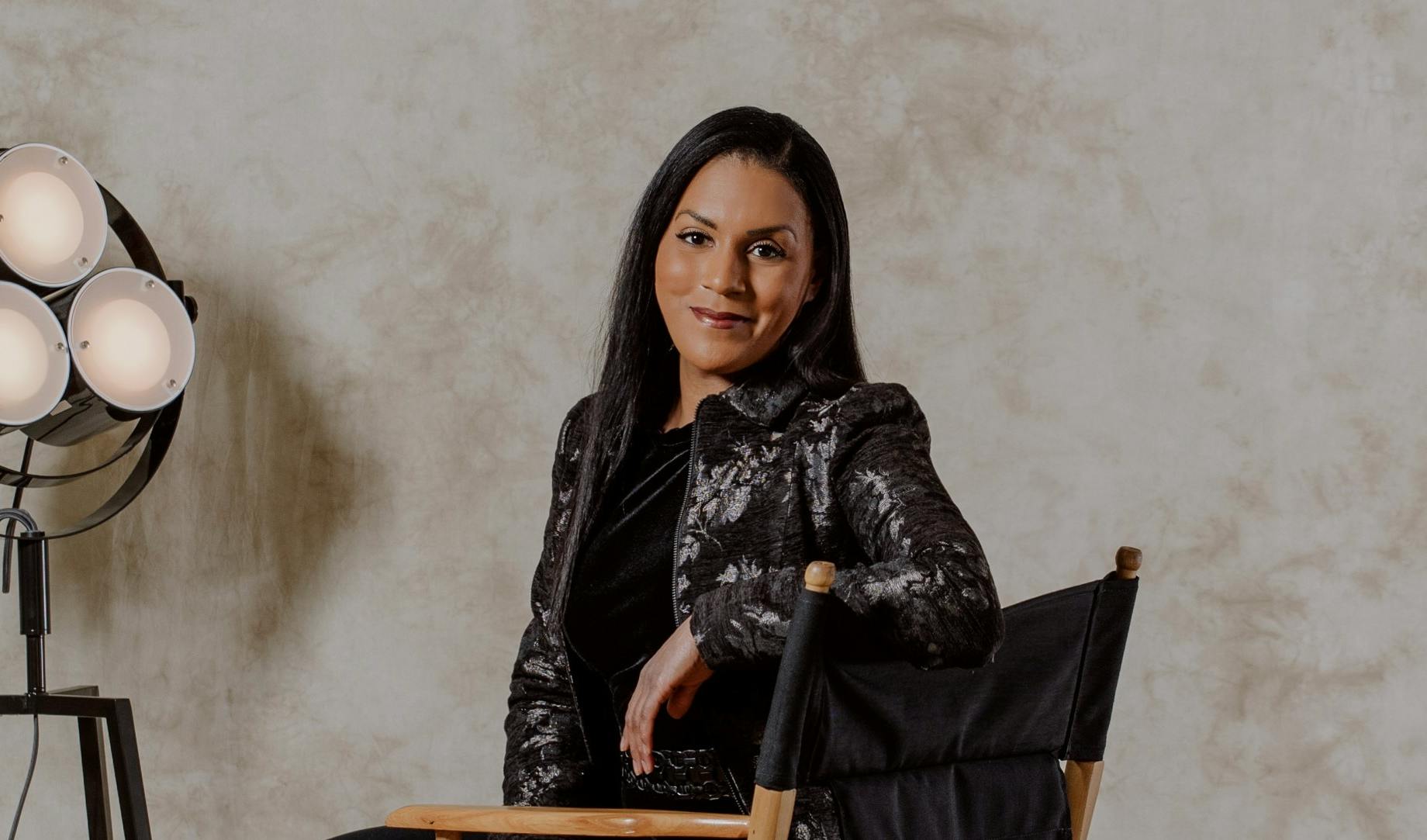
Becoming chair of a social enterprise| Former Virgin Group Strategy Director, Gaurav Batra
Former Strategy Director of the Virgin Group and recently appointed Chair of Life Leisure, Gaurav Batra, shares his insights on the similarities between commercial and not-for-profit roles.
After an early stint in strategy consulting and investment banking, Gaurav Batra’s career has been dominated by work in private companies, first at Sir Richard Branson’s entrepreneurial Virgin Group, where he was Corporate Development and Strategy Director, then at the 200-year-old, family-owned, diversified services group Bibby Line, where he was Strategy Director and Chaired Bibby Financial Services. Here he discusses how many of the aspects of working in such firms are echoed in his latest position, the Nurole-recruited Chair of Life Leisure, a social enterprise manager of sports and leisure facilities in the North West of England.
Your pro bono chair role at Life Leisure encompasses your passion for promoting public health - but what’s your advice to others looking at joining a charitable endeavour?
Personally, I was attracted to joining a social enterprise rather than a charity wholly-reliant on donations. I thought I could better contribute to a business competing hard in a commercial marketplace against other, mainly private, providers. Life Leisure needs to be just as strategic and operationally-effective as the private players crowding the market. I liked the idea of joining an organisation which wanted to be commercially best in class, but had a broader purpose and vision about its role in the world than just being profit-seeking.
What kind of due diligence did you carry out?
I tried to be pretty thorough. It was important to me to understand how Life Leisure improved the lives of the people we are trying to help, and whether the organisation was joined up, from its mission, to how it operates. I was bowled over by what Life Leisure do to ensure that we, as a society, can cope with the very big challenges of ageing well over the next 50 years.
Secondly, I wanted to feel confident that I could work well with the board and the executive team, and that it would be fun. I was impressed with the skills and experience of everyone I met – that augured well.
Lastly my overarching question was, what could I contribute to this organisation? What does it need to look like in three or four years’ time, and could I help get it there? Life Leisure is constantly innovating in how to make society more active and improve wellness. We need to reach more and more lives. That seemed something I could help LL achieve.
What were your main takeaways from working in family or entrepreneur-owned business?
In private businesses there tends to be a very strong connection with shareholders which influences the whole company. At Virgin, Richard [Branson] had a deep relationship to the brand and what it stands for, and likewise at Bibby Line, there was a huge amount of pride in the organisation and desire to protect its reputation through the generations. This ends up pervading the organisation and creating shared values. I really liked that personal nature of both businesses. There is a similar effect operating at Life Leisure, even though there isn’t an overarching founder or shareholder. The connection between the social enterprise and the people involved is very personal: everyone that I have met from board colleagues to those running the services is passionate about delivering better wellness to the whole of society. As a result, it’s a very engaged and fulfilling place to work.
What are the main challenges in a move from working in the commercial sector to non-profits?
You’re dealing with a broader set of objectives and values, including social impact, which implies more complex trade-offs than simple profit- or cash-maximisation. Understanding and judging this is key, and decisions need to reflect these nuances. More obviously, if you’re coming from a large corporate environment, then there’s clearly going to be a stark contrast in the resources, systems, and processes you’ll encounter.
How did you find using Nurole?
I was one of the first people to sign up for the site some years ago - keeping an eye on roles but too busy at an executive level to pursue any. More recently, though, I’ve been taking a closer look. With Life Leisure, I applied not expecting to hear anything, but received a phone call out of the blue, met the board, and it all worked out very smoothly. I find Nurole’s emails identifying opportunities tailored and very interesting. It’s great to look at what’s going on even when you’re not actively hunting for new opportunities.
Lastly for some quick-fire questions…
Favourite book?
Gabriel Garcia Marquez’s Chronicle of a Death Foretold.
Favourite quote?
The definition of insanity is doing the same thing and expecting a different result.
What’s the best professional advice you ever received?
Measure success over where you’ve got to over the past six months, rather than by what you’ve achieved day-to-day. It helps give better perspective.
What do you do to have fun?
Cook - my favourite dish is Chinese chili chicken.
Where did you last go on holiday?
Vietnam.
When did you last cry?
When my father died.
What’s your favourite app?
Uber.
When does your alarm go off?
06.12 - I want every day to feel like my birthday!
If you are looking for senior executive and non-executive director roles, Nurole's innovative recruitment platform can help.






